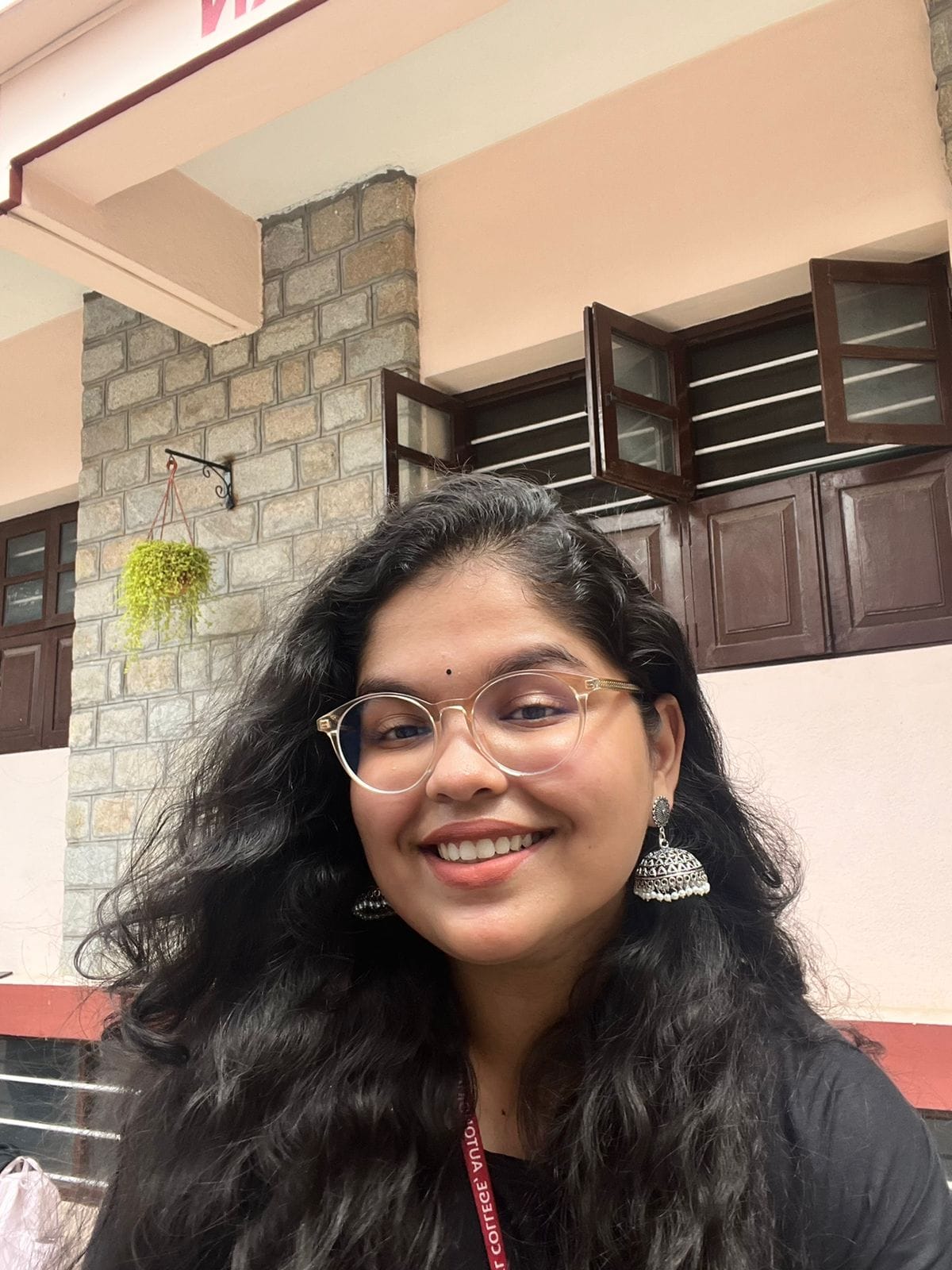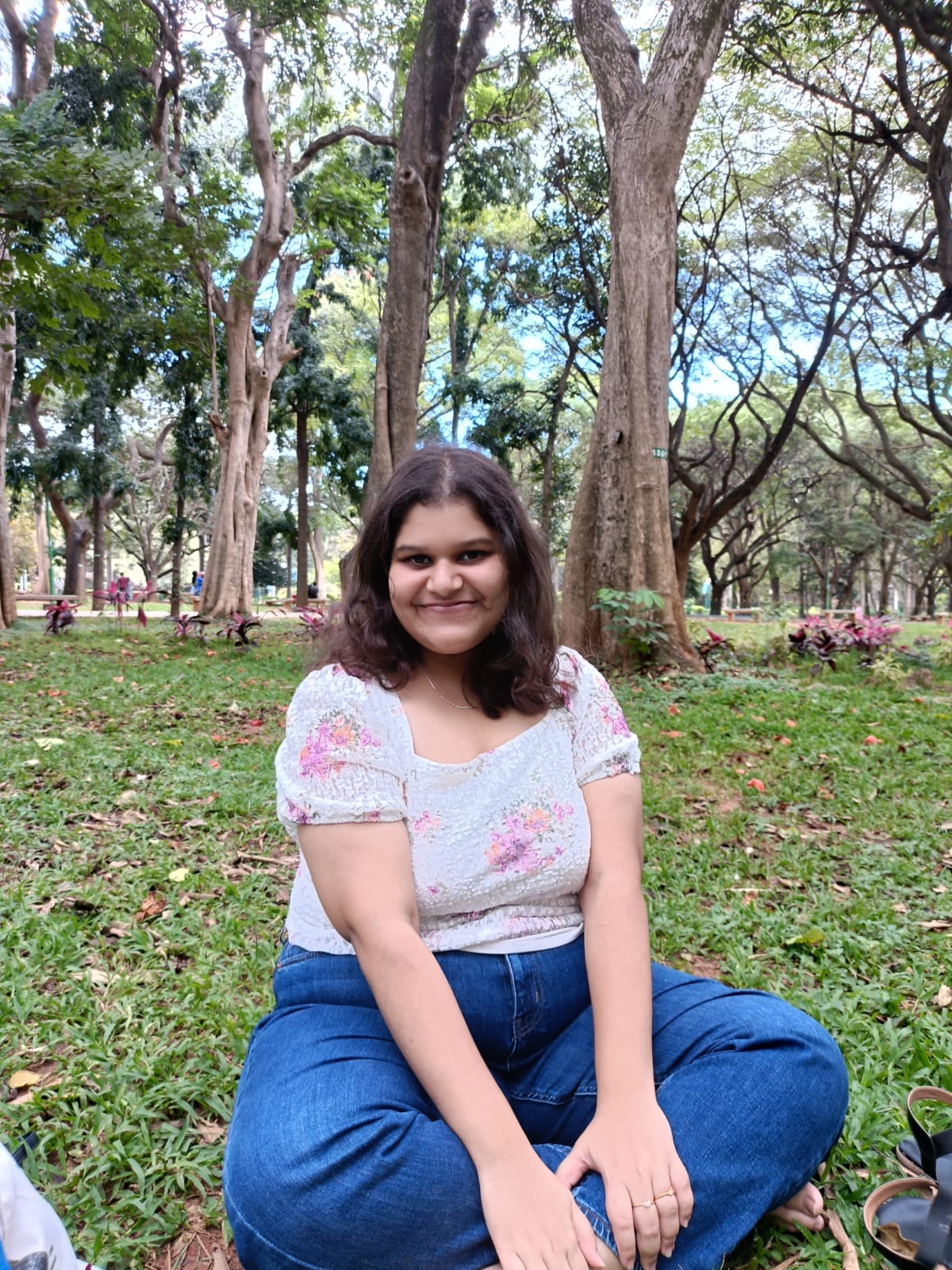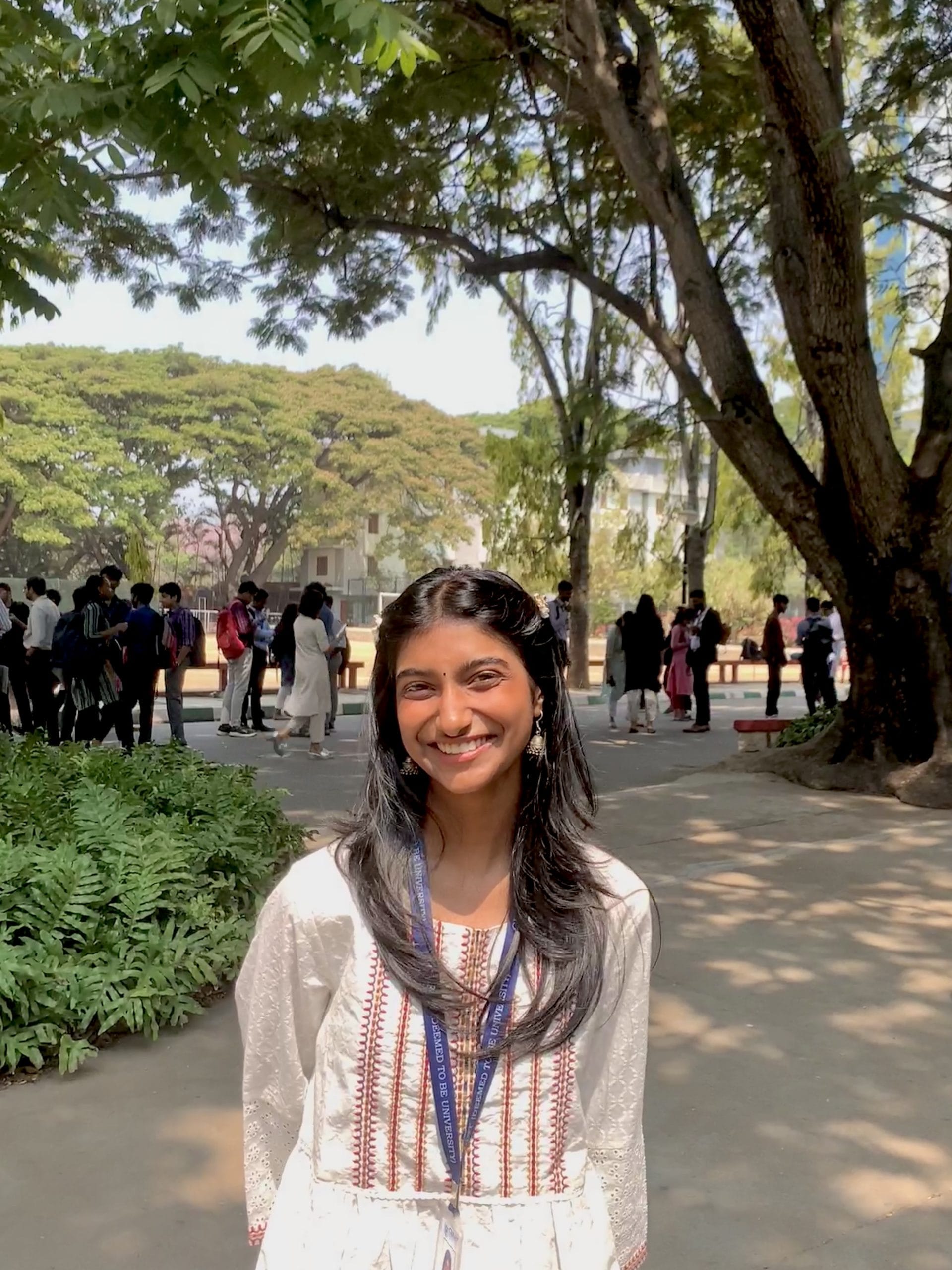Breaking the Silence: Addressing Intergenerational Trauma in Indian Families

Srihita K
May 20 , 2024

Intergenerational trauma is something many of us may have in common, many of us are unaware of the concept and others are hesitant to acknowledge it. It is a deep-rooted concern that is untouched, and people are carrying on with their lives in silence. Threads of past suffering and unresolved grief often go through generations, creating patterns of intergenerational trauma. This form of trauma passed down from one generation to the next, can arise from a lot of sources like colonialism, the traumatic partition of India, caste oppression, communal violence, common economic struggles, gender-based violence, mental health stigma, and historical trauma. Despite its deep impact, intergenerational trauma remains a largely unspoken issue within many Indian families. Addressing this requires a comprehensive and culturally sensitive approach, emphasizing awareness, therapeutic interventions, cultural practices, and sturdy community support.

Photo by Susan Wilkinson Team on Unsplash
Understanding Intergenerational Trauma
Intergenerational trauma refers to the transmission of the trauma from one generation to another. Understanding the intergenerational trauma meaning requires recognising the complex interplay of biological, psychological, social, and cultural factors that contribute to its transmission. So what is trauma, and how does it show? Intergenerational trauma manifests in various ways, often silently influencing behaviours, emotions, and mental health within families. Many Indian households cultivate a culture of emotional restraint, which can lead to unaddressed grief and unresolved conflicts that ripple through generations. Common signs of this trauma include inherited behavioural patterns such as hyper-vigilance, mistrust, or aggression, and mental health issues like anxiety, depression, and PTSD. These issues persist even in individuals who have not directly experienced the traumatic events of their ancestors.
Creating Awareness in The Indian Society
Raising awareness is the first step in tackling intergenerational trauma. Education about the nature of trauma and its long-term effects can be spread through community programs, educational institutions, and media campaigns. Encouraging open conversations about family histories and personal experiences helps break the silence and stigma surrounding these issues. By understanding the signs and implications of trauma, individuals, and families can begin the journey toward healing.
As it is said “Communication is the key” Though it may sound like a cliché, it works. And trust me that’s the hardest step to take – to communicate one’s problems, doubts, worries, opinions, and so on. Communicating is the simplest yet the hardest way out. Opinion clashes occur because of not communicating properly which leads to unresolved traumas within families, orthodox families come under this. That is all about suppressing their family’s “traditions and values” ( that is basically what society dictates them to do) especially the newer or the younger generation of the family.

Photo by National Cancer Institute Team on Unsplash
How to Heal Intergenerational Trauma
Promoting Mental Health Services Access to mental health services is crucial in addressing intergenerational trauma. Therapies such as Eye Movement desensitisation and Reprocessing (EMDR) and Trauma-Focused Cognitive Behavioural Therapy (TF-CBT) are particularly effective. These therapies help individuals process and heal from deep-seated traumas. Going to a trauma center for support can also help heal trauma effectively. Culturally sensitive therapists, who comprehend the specific contexts and nuances of Indian family dynamics, can provide more tailored and effective support. However, the stigma around mental health in India often hinders individuals from seeking help, highlighting the need for increased awareness and normalisation of mental health care.
Incorporating Cultural Practices
Integrating traditional practices and community rituals into therapeutic interventions can be highly beneficial. Practices like yoga, meditation, and Ayurveda are deeply rooted in Indian culture and can aid in emotional and psychological healing. These practices help individuals reconnect with their heritage and promote a sense of well-being. Additionally, storytelling and oral histories can serve as powerful tools for addressing and understanding past traumas, fostering a sense of of continuity and belonging.
Building Community and Family Support
Creating strong support networks within families and communities is essential for healing. Safe spaces where family members can share their stories and express their emotions without fear of judgment foster an environment of mutual support and understanding. Community support groups offer a sense of belonging and shared experience, helping individuals feel less isolated in their struggles. These networks can facilitate the sharing of coping strategies and resilience-building practices, enhancing collective healing.
Advocating for Education and Policy Change
Educational institutions have a pivotal role in addressing intergenerational trauma. Incorporating trauma awareness into school curricula can help young people recognise and address inherited traumas. Policymakers also play a crucial role by promoting mental health initiatives and ensuring that mental health services are accessible and affordable. By prioritising mental health in public policy, governments can help break the cycle of trauma and promote societal well-being.
Take a Step Towards Breaking the Silence!
Addressing intergenerational trauma in Indian families is a challenging yet essential task. It demands a multifaceted approach that combines modern therapeutic practices with cultural sensitivity and community support. By breaking the silence and fostering an environment of openness and understanding, Indian families can begin to heal from the wounds of the past. Through awareness, access to mental health services, incorporation of cultural practices, strong community and family support, and proactive education and policy initiatives, we can address the deep-seated traumas that continue to affect generations and move towards a future of healing and mental well-being.
Are you feeling overwhelmed, stressed, or burdened by life's challenges? Do you find it difficult to manage your emotions or cope with past trauma? It's important to remember that you don’t have to face these struggles alone. At Heart It Out, we're here to help.
Keep Reading
Started reading,
found my glow!
New blogs dropping soon – Sign up!
© EmbraceWell. All rights reserved





























